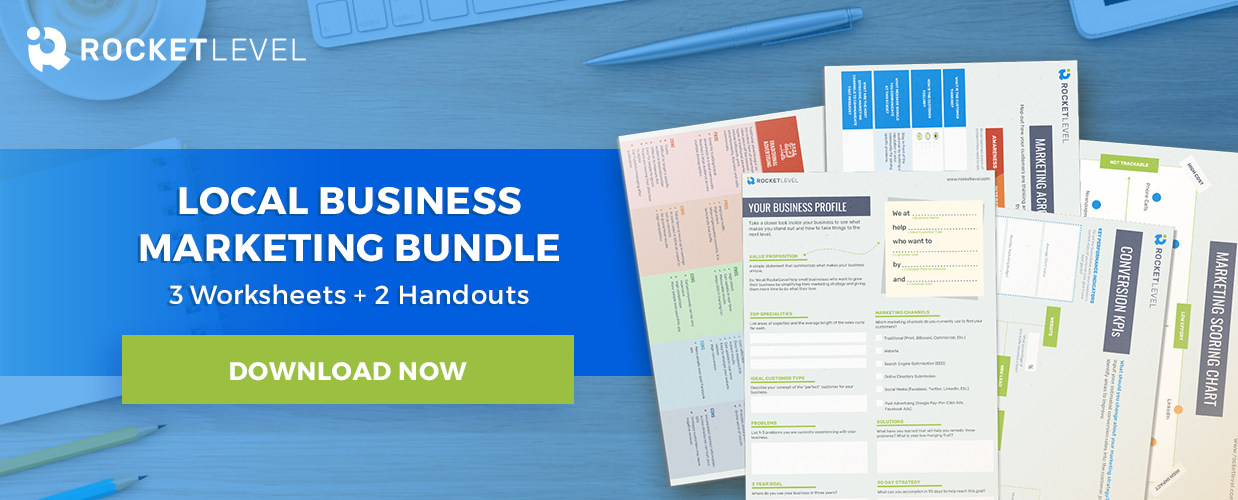Are your marketing and social media campaigns paying off for your small business? You may have tons of visitors coming to your website every day, but you may not know if all these views are converting into sales or some other intended action. That’s where conversion rates come in handy.
What is a conversion rate?
It is the number of visitors who take action after visiting your website or landing page. A high conversion rate is an indicator of a successful digital marketing strategy because it shows that the visitors are greatly interested in what you offer. Depending on the type of business, a conversion can be any desirable action taken by a potential customer (or lead). According to this report, for every $92 spent in acquiring customers, only $1 is spent in converting them, and only about 22% of businesses are satisfied with their conversion rates. Some common conversions for small businesses can include:
- Making a purchase
- Making an appointment
- Filling out a form
- Engaging in an online chat
- Making a download
- Signing up for a subscription
How do I calculate my conversion rate?
Calculating your conversion rate is fairly easy. All you need to do is to divide the number of conversions within a given time frame by the total number of visitors to your site multiplied by 100%.
Conversion Rate = (Conversions / Total Visitors) * 100%
What is a good conversion rate?
Every business is unique with specific goals. Hence there is no ideal conversion rate. Conversion rates will differ depending on the business and industry, and your ideal conversion rate is specific to your business and overall marketing strategy. So, just focus on your business and work hard each month to improve and do better than the month before.
What is a lead?
A lead is any offline or online activity that can lead to the purchase of a product or service. A click does not necessarily lead to a purchase, but it is a good measure of marketing effectiveness. A business has to increase lead quality and quantity to get more customers, hence improving your conversion rate.
Why are conversion rates important for small businesses?
A majority of small businesses live from one sale to another and rarely read into their conversion rates. Knowing your conversion rates is critical to understanding how your site is performing and what marketing tools are giving the greatest return on investment (ROI).
1. Critical to improving your website
Regularly improving your website is crucial to growing your business. It’s good to try new ideas to get the best result possible. However, there is a risk that any changes you make may affect your sales. Your conversion rate can guide you in knowing whether the changes you make will enhance customer satisfaction and drive sales.
2. Determines your bottom line
A high conversion rate is great for your bottom line. This is why it's critical that small businesses know their conversion rates and how to understand them. If you don't know what your conversion rate is, you won't know what improvements to make to your website to boost your profitability.
3.Measures website performance
If you have tons of visitors on your website but a low conversion rate; this is an indicator that something isn’t quite right on your site. Your conversion metric will help you pinpoint the problem areas and fix them efficiently.
4. Measures your marketing performance
Loads of traffic, but a low conversion rate not only indicates that there's something wrong with your site, but could also be an indicator that there's something wrong with your marketing. For instance, if the content on your landing page isn't informative or the calls-to-action aren't persuasive, you may have people leaving your site without taking action.
All in all, your website, social media campaigns and overall content marketing strategy can offer your brand a great value. Knowing your conversion rate and how it can help your business guides you into areas that may need tweaking for improved customer value and overall profitability.


